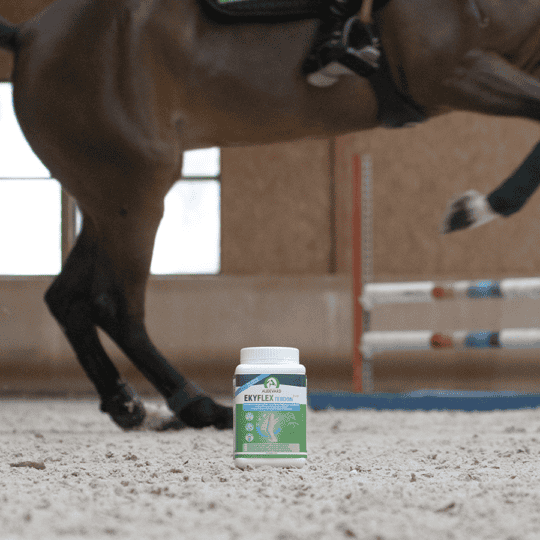The danger within worming
Posted 4th September 2023
Wormer resistance is a growing problem but it’s not too late to take action, says Claire Shand

What will we do when our wormers stop working? It’s a grim question with a grizzly outcome, and now experts are advising that if we carry on using wormers at our current rate, within a few years we’ll be facing this as a reality. In fact, the British Equestrian Veterinary Association (BEVA) reports that, at present, 11 wormers are given for every one worm egg count carried out on UK horses.
We already know that regular testing helps us target treatments effectively and can reduce wormer use by 80%. This, in turn, slows wormer resistance in parasites, as well as being better for our horses, the environment and our pockets.
TOP TIP
Don’t move your horse onto clean pasture immediately after worming. Doing so can increase the likelihood of resistance, as resistant worm strains will not be diluted by non-resistant ones.
Worrying times
Minimising the use of wormers should be our top priority, and yet too many horses remain on outdated chemical worming programmes.
Just as with antibiotics, wormer resistance is increasing and there are only five chemicals licensed in the UK for horse use. Research has identified some level of resistance to every one of these. So, parasites on most equestrian properties will have some level of resistance and, with no new horse wormers in development, these are worrying times.
Count and test
Horses and their internal parasites have evolved over millennia to live symbiotically. Most horses deal very well with a small burden and findings from human medical research suggest that parasites are advantageous in limited numbers as they challenge the immune system and, in doing so, guard against autoimmune diseases.
So, the aim isn’t to eradicate parasites completely – in any case, it’s impossible to do – but in the past, regular dosing schedules aimed at doing just this have served to speed resistance.
Our goal is to use evidence-based testing – worm egg counts and tapeworm testing – to manage parasite populations before they reach a level that could cause disease, while minimising use of wormers. This is a vital approach, as every time wormers are used, resistance can develop further.
Find out more about the way forward in tackling wormer resistance and how to help manage parasites in October Horse&Rider – on sale now!











